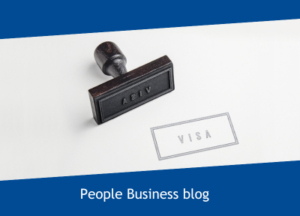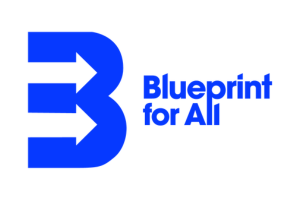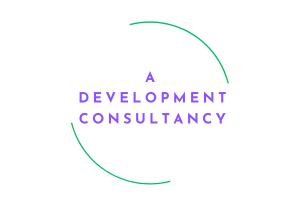UK Skilled Worker Visa Changes: What employers and HR teams need to know

The UK government’s July 2025 immigration reforms have brought sweeping changes to the Skilled Worker visa route, with higher skill and salary thresholds, and tighter eligibility rules for certain roles. For employers, especially in sectors that rely on international recruitment, the changes mean urgent action is needed to stay compliant and competitive.
The key changes to skilled worker visas at a glance
- Skill level increase – Minimum requirement rises from RQF Level 3 (A-level equivalent) to RQF Level 6 (degree level) for new applicants. This removes many mid-skill roles from eligibility unless on a temporary shortage list.
- Salary thresholds up – For most roles, the minimum salary jumps from £38,700 to £41,700. Reduced thresholds still apply for certain PhD-qualified, STEM, or shortage list roles, but these have also increased.
- No transition for salary – The new salary rules apply to all applications made from 22 July 2025 onwards, even for renewals.
- Care sector restrictions – New overseas recruitment for care workers (codes 6135/6136) is banned, with limited exceptions.
- Immigration Salary List replaced – A Temporary Shortage List will apply to some roles, but will be narrower, time-limited and subject to review.
Implications for HR teams
- Recruitment pipelines under pressure
Roles that previously qualified may no longer be eligible, shrinking candidate pools for critical vacancies. HR teams will need to review job designs and recruitment strategies. - Higher pay commitments
Increased thresholds could mean significant payroll cost rises, especially where multiple sponsored employees are involved. - Time-sensitive compliance
Certificates of Sponsorship (CoS) must meet the new criteria from the implementation date – there’s no grace period for salaries. - Retention challenges
Workers in roles losing eligibility may be unable to renew visas unless they upskill or change role – risking attrition and operational disruption. - Strategic workforce planning needed
HR teams will need to forecast staffing needs, consider domestic talent development, and assess whether visa sponsorship remains viable for certain positions.
How we can help
- Policy and compliance audit
Reviewing current sponsorship practices, job roles, and salaries to ensure full compliance under the new rules. - Workforce planning
Supporting scenario planning to model the impact of the changes on staffing levels, costs, and timelines. - Talent strategy
Helping redesign recruitment campaigns to target domestic talent and diversify sourcing channels. - Upskilling and role redesign
Advising on training and career development to enable existing staff to meet higher skill thresholds. - Communication plans
Crafting clear messaging for affected employees to maintain trust, engagement and legal compliance.
The bottom line
The Skilled Worker visa reforms represent one of the most significant shifts in UK immigration policy in recent years. For HR teams, the changes bring both compliance risks and strategic challenges.
People Business can bridge the gap between policy and practice – ensuring organisations stay compliant, minimise disruption and maintain access to the talent you need. If you would like to talk to one of our consultants about how we could help, please get in touch.




